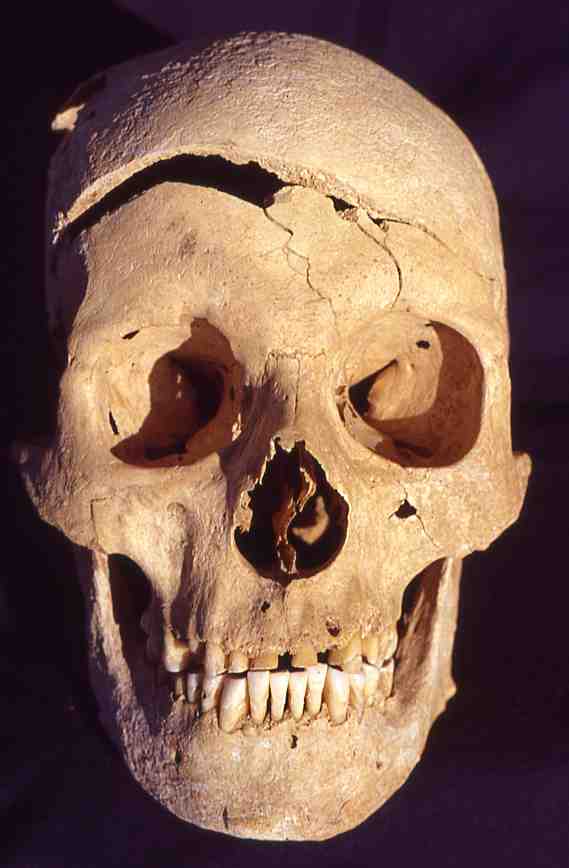Top-News
14.11.2018
The Backbone of Europe: Health, Diet, Work, and Violence over Two Millennia
Recent Publication at the School of Business and Economics
Using human skeletal remains, this volume traces health, workload and violence in the European population over the past 2,000 years. Health was surprisingly good for people who lived during the early Medieval Period. The Plague of Justinian of the sixth century was ultimately beneficial for health because the smaller population had relatively more resources that contributed to better living conditions. Increasing population density and inequality in the following centuries imposed an unhealthy diet - poor in protein - on the European population. With the onset of the Little Ice Age in the late Middle Ages, a further health decline ensued, which was not reversed until the nineteenth century. While some aspects of health declined, other attributes improved. During the early modern period, interpersonal violence (outside of warfare) declined possibly because stronger states and institutions were able to enforce compromise and cooperation. European health over the past two millennia was hence multifaceted in nature.
(Quelle: Cambridge University Press)
Together with Professor Jörn Staecker and Professor Joachim Wahl, Professor Jörg Baten heads the project area B06 "Man and Resources in the Viking Age." Anthropological and bioarchaeological analyses on the use of food resources and detection of mobility" of the Collaborative Research Centre 1070 ResourceCultures at the University of Tübingen.
Publikation: „The Backbone of Europe - Health, Diet, Work and Violence over Two Millennia“. Richard H. Steckel, Clark Spencer Larsen, Charlotte A. Roberts, Joerg Baten (Hrsg.). Cambridge University Press 2018
Text: Antje Karbe

